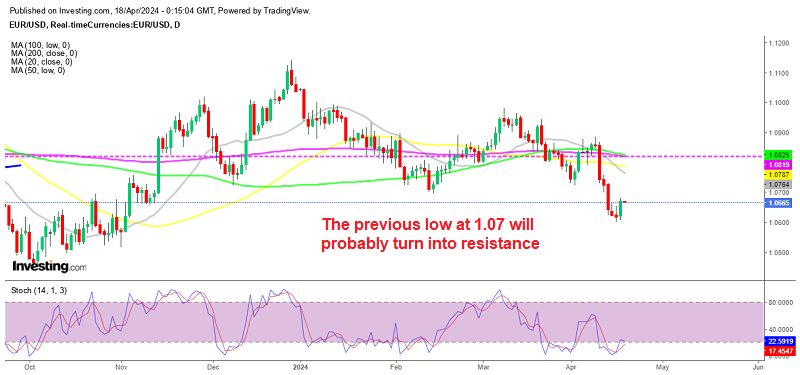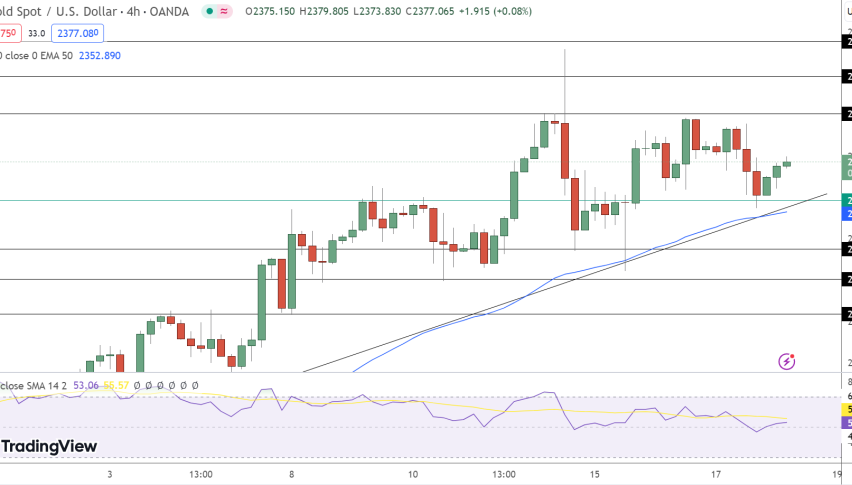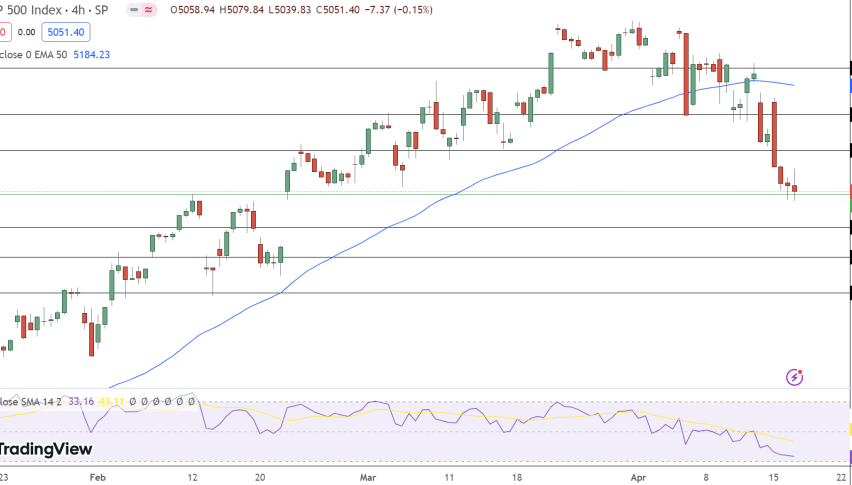ECB Likes to Sound Positive, But You Can Feel the Worry
ECB released its economic bulletin earlier today, after the January policy meeting. The ECB has eased the monetary policy further, by cutting deposit rates to -0.50% from -0.40% in September last year and restarted the QE programme of 20 billion Euros a month worth of asset purchase. They are trying to convince markets that the actions are having a positive impact, but you can read between the lines that they are worried:
ECB Economic Bulletin
- Current monetary policy to sustain euro area expansion, build up of inflation
- Monetary policy measures are underpinning favourable financing conditions
- Easier borrowing conditions supporting consumer spending and business investment
- Global economic activity remains moderate, but there are signs of stabilization
- But the outlook for global economic activity remains subdued
- Risks to the global outlook remain elevated but are less skewed to the downside
- Global trade momentum remains weak, albeit amid signs of stabilization
Comments by ECB vice president, Luis de Guindos
- Side effects of policy are being monitored carefully
- Euro area banks’ market valuations remain depressed
- Persistently low profitability is a concern
Christine Lagarde Speaking to the ECON Committee
“I wouldn’t draw the conclusion that our current monetary policy has actually been the main factor in the rise of housing prices or declining profitability of some banks. It may have contributed, but I don’t think it’s a given conclusion.”
As you can see, most of the comments are highlighted in red, which means that they are mostly pessimistic. Lagarde’s comments also sound worrying, especially about house prices and low bank profitability. The Euro continues to remain soft, with EUR/USD trading around 1.10.












